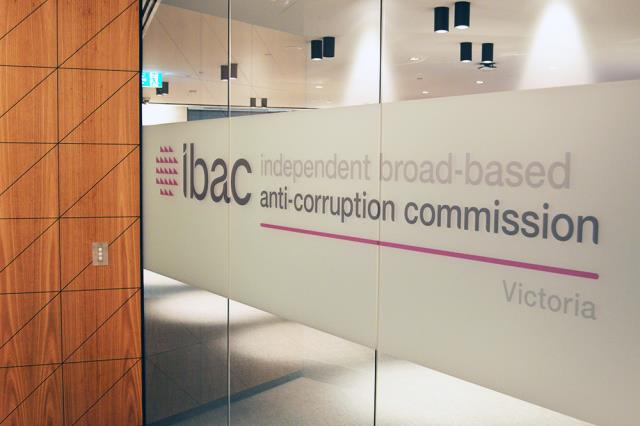By Callum Godde, AAP, and Cam Lucadou-Wells
A parliamentary inquiry has called on the Victorian government to change laws to allow corruption watchdog witnesses to disclosure confidential information to helplines.
In a report tabled in a state parliament on Thursday, the Integrity and Oversight Committee made 16 recommendations as part of its inquiry into integrity agencies’ witness welfare management.
“While the committee has identified important areas for improvement, the agencies’ policies, procedures and practices nevertheless reflect a serious commitment to ensuring the welfare of persons involved in their investigations,” chair Gary Maas wrote.
Chief among the recommendations is for the Victorian government to seek to amend the Independent Broad based Anti corruption Commission Act to let witnesses subject to an IBAC confidentiality notice to disclose restricted matters to a telephone or online helpline providing mental health crisis support services.
However, IBAC would still retain the ability to direct a restricted matter must not be disclosed in that circumstance.
The inquiry was sparked by the suspected suicide in January of former Casey mayor Amanda Stapledon, who was under investigation as part of IBAC’s probe into alleged corruption at the council.
Dissenting Liberal committee members Brad Rowswell and Kim Wells criticised how the Labor-dominated inquiry was run, declaring the full report was “unreservedly affected” by process limitations.
“Throughout the course of this inquiry, opposition members have become aware of Labor government members being directed by operatives within the premier’s private office (PPO),” they wrote in a 14-page minority report.
“Opposition members of this committee believe that the work of the IOC should be removed from party politics, as the work of this committee is undertaken on behalf of the Victorian parliament and people.”
Premier Daniel Andrews wouldn’t be drawn on the accusation.
“I’m not really interested in getting into a political game,” he told reporters.
IBAC chief executive Marlo Baragwanath said witness welfare was a “primary consideration for IBAC in all its work”.
He said IBAC had made improvements, including a new dedicated witness liaison team.
The team works with investigators, lawyers and IBAC officers to ensure appropriate communication with witnesses. It also ensures witnesses are aware of available supports.
“It is reassuring to see that the Committee’s report identifies IBAC’s current approach to witness welfare management is comprehensive and robust, and that our policies, procedures and practices reflect our serious commitment to identifying potential risks to the health, safety and welfare of witnesses,” Mr Baragwanath said.
Lifeline 13 11 14
beyondblue 1300 22 4636







